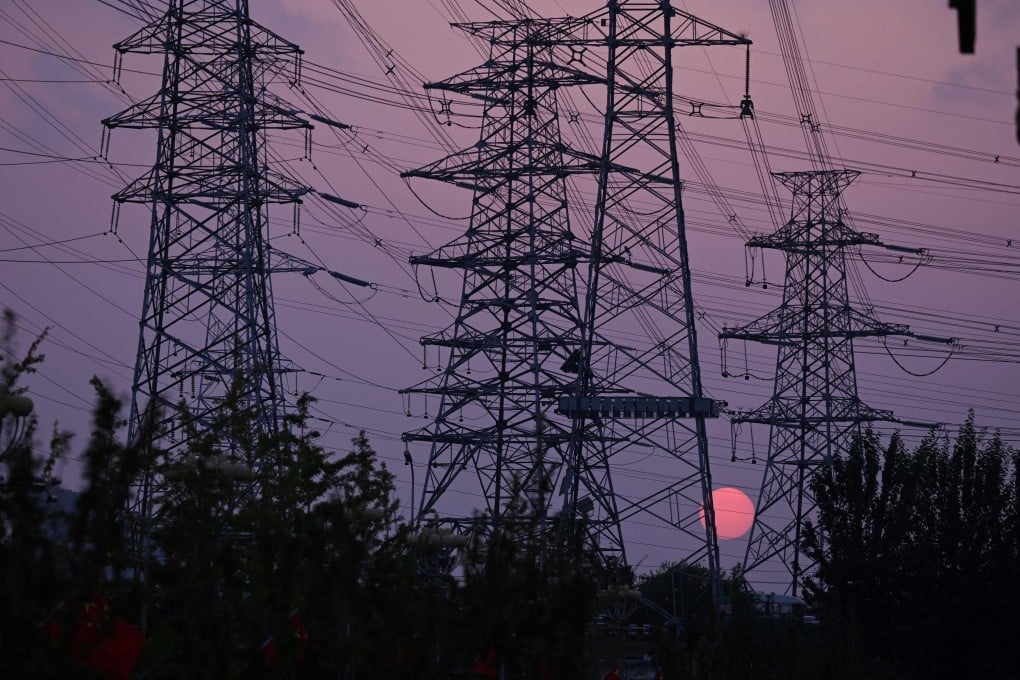Advertisement
Macroscope | As winter comes early to China’s economy, Beijing must focus on short-term growth
- Beijing shouldn’t rush to achieve long-term goals – such as reaching net zero carbon emissions and deflating the housing bubble – when the economy is in free fall
- Rather, it should rethink its zero-Covid, property and coal policies before the risks to growth worsen
Reading Time:3 minutes
Why you can trust SCMP

While mid-autumn should still bring plenty of warm sunlight, winter appears to have descended early on the Chinese economy. A combination of renewed virus outbreaks, a cooling housing market and spreading power shortages is weighing on the economy that was already struggling under macro policy normalisation.
Even with buoyant exports – the only engine of the economy still functioning properly – a double dip in growth now looks likely in the third quarter.
Investors are holding out hope of a growth rebound in the fourth quarter. But with economic headwinds stiffening and the authorities reluctant to act aggressively, the risk of a hard landing has risen. Beijing urgently needs to recalibrate its cyclical and structural policies to keep systematic risks at bay.
Advertisement
There are currently three key risks plaguing the economy.
The first is the uncertain outlook for the pandemic-hit economy. Even though China’s fight against Covid-19 is hard to fault from a public health standpoint, there are high economic costs associated with its zero-tolerance strategy, when compared with countries that have chosen to live with the virus.
Advertisement
The on-off social restrictions required to contain even a small flare-up of infections have created significant uncertainty for consumers and businesses, and therefore economic volatility.
Advertisement
Select Voice
Select Speed
1.00x
